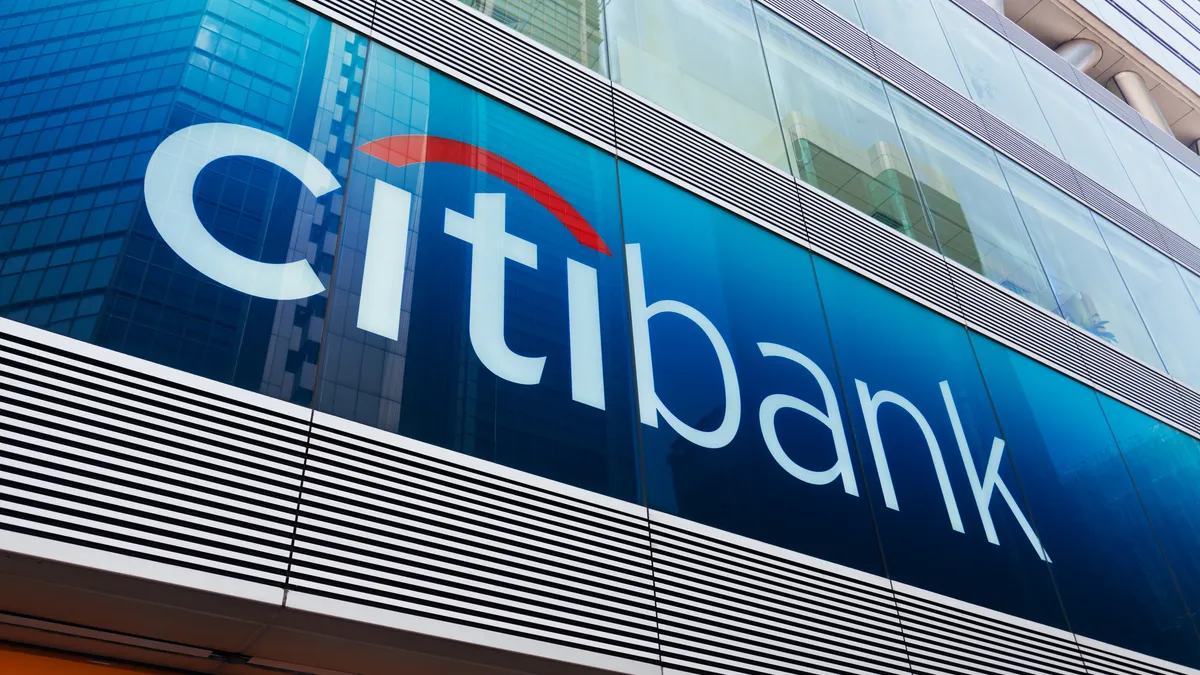JPMorgan Chase, Bank of America, Citi, Wells Fargo and U.S. Bank have all committed to either adjusting their policies for considering diverse job candidates or disclosing the ones they have, The Wall Street Journal reported Tuesday.
The pledges are a response to proposals the American Federation of Labor and Congress of Industrial Organizations (AFL-CIO) sent to the banks as shareholders.
It wouldn't be the first time big U.S. banks have moved in lock-step over the past year to boost diversity. The May 2020 killing of George Floyd by police spurred a spate of commitments by banks to narrow the racial wealth gap. Bank of America was among the first to make a $1 billion pledge to that end, and other lenders, such as U.S. Bank, PNC and even nonbanks such as PayPal and Netflix, soon followed. Similarly, when Wells Fargo unveiled a move in June to double the number of Black leaders at the bank within five years and to tie executives' compensation to their efforts to further diversity, Goldman Sachs, HSBC, Visa and Mastercard posted their own goals.
Race has been a particularly touchy subject in the banking sector. JPMorgan last April mandated diversity training in the wake of discrimination allegations centered on the treatment of Black customers inside branches. Morgan Stanley in June saw a lawsuit leveled against it by its own former diversity chief, who claimed racial discrimination.
Wells Fargo received blowback twice over its diversity pledge — once over CEO Charlie Scharf's assertion that the bank suffers from "a very limited pool of Black talent" to plumb for recruits, and again from the Labor Department's Office of Federal Contract Compliance Programs, which reminded the bank that federal law prohibits race-based quotas and hiring based on race.
The AFL-CIO's suggestion uses as its jumping-off point the Rooney Rule, a policy the National Football League instituted in the early 2000s to ensure nonwhite candidates were interviewed for openings as head or assistant coaches.
"There's been diversity at lower levels of the financial services industry, but you have something of a glass ceiling when it comes to senior management," Brandon Rees, deputy director of corporations and capital markets at AFL-CIO, told The Wall Street Journal.
Goldman Sachs, for one, said in August it wants 7% of its vice presidents to be Black and 9% to be Latino by 2025
Citi, meanwhile, has committed to increasing the proportion of women in assistant vice president through managing director roles worldwide to at least 40% by the end of this year, and pledged in the same time frame for 8% of its U.S. workforce to be Black.
Sara Wechter, the bank's chief of global human resources, told The Wall Street Journal in a statement that the bank will require, effective this year, at least two diverse candidates to be interviewed for roles of assistant vice president level and above. That's up from one in previous years.
"This has been a priority for years and will continue to be because improving diversity in our recruiting helps us increase diversity at more senior levels at Citi," Wechter said.
U.S. Bank said it would expand its policy of including at least one woman or person of color on slates to all positions in the company. That directive had previously only applied to the manager level and higher.
Wells Fargo, meanwhile, said it would disclose more details about a policy it launched last year mandating that at least 50% of interview candidates be women or otherwise diverse for positions paying more than $100,000.
"Transparency is important as we take actions to improve our workforce diversity," Sharon Goodwine, the bank's chief of enterprise talent, said in a statement.
Bank of America said it would expand its policy of considering at least one woman and one person of color for jobs to include all executive and senior-level roles.
JPMorgan said it would publish what it calls a long-held policy of considering at least one woman and one person of color for all hiring of new employees in the U.S.














